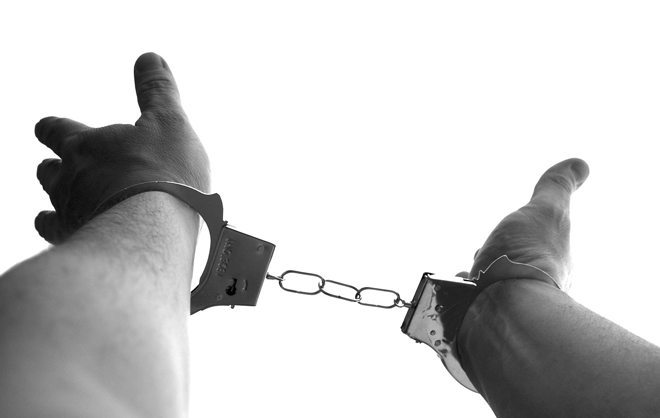See Who Really Has the Right to Reclusion Aid

Reclusion Aid is characterized as a social security benefit that is directed to dependents of an insured person who is deprived of liberty.
Adverts
Established by Law No. 8,213/1991, and Decree No. 3,048/1999, the main objective in relation to the aid is to guarantee the survival and family protection of the prisoner, as the insured person is in prison, and his dependents may end up facing economic difficulties , during the incarceration phase.
As it is a summary social security benefit, the reclusion aid is only granted to dependents of INSS insured persons, therefore, to the prisoner who, during the period of freedom before imprisonment, has made a regular contribution to Social Security.
And prisoners in the semi-open or closed regime who are not receiving a salary from the company, or the INSS benefit for another reason, such as retirement, illness, death pension, among others, may receive assistance in reclusion.
The amount of assistance changes according to the insured person's contributions, and the right to benefit ends as soon as the period of imprisonment ends or in case the convict changes to the open regime.
In this way, it is essential to understand that the benefit is not given to the prisoner, but to his dependent family members, and that the money comes from the prisoner's INSS during his time contributing.
The confinement aid, therefore it is not assistance, but a guaranteed right for any INSS insured person.
Who Can Receive Retention Aid?
To be entitled to the benefit, the prisoner must be characterized as insured by Social Security on the date of imprisonment.
And, the reclusion aid proves to be an exclusive benefit to low-income prisoners.
To guarantee the right, it is necessary that the last salary he received is identical to or less than an amount determined by legislation and updated by the ordinance annually.
Currently, the value boils down to R$ 1319.18.
This amount is not necessarily the aid amount directed to prisoner.
The calculation is made of the benefit, based on the average of all the prisoner's wages, and is normally less than one minimum wage.
It does not include the calculation, the amounts that were received by the 13th salary or a third of the vacation, either in its proportional or full amount.
There are also several rules about which family members are determined to be dependent on the prisoner, and thus, are entitled to receive assistance.
The rules establish of dependents:
- the spouse or companions: civilly married or in a stable union on the date of the insured person's arrest.
children, or an individual equivalent to him/her (guarded minor or stepchild), or sisters and brothers (with proof of dependency).
In all these cases, the dependent must be under 21 years of age, except in the case of disability or invalidity.
The duration of the aid changes according to the age and type of dependent, not to mention being divided equally by the number of dependents.
If the insured prisoner is free or goes to the open regime, the aid is terminated, as the convict in this type of regime has the possibility of exercising paid work.
The benefit ceases even in the situation of the prisoner's escape, with the possibility of being reinstated in the situation of the convict being recaptured.
In the case of the death of an inmate while he is in prison, the inmate allowance is converted into a death pension.
See too:
- All About Alimony for a Minor Child in a Stable Union
- All About Child Support and Child Support
- Who Pays for the DNA Test in the Paternity Investigation Action?
- Is the Child of a Prisoner Entitled to Alimony? Seclusion aid?

